The cleric who was known for always going against Sultan’s directive on sighting of crescent said it was justifiable for him to lead his followers for Eid-el-Fitr celebration on Tuesday because the Niger Republic sighted the moon.
Sheikh Musa Lukwa, a cleric based in Sokoto State, made headlines on Tuesday as he defied the directive given by The Nigerian Supreme Council for Islamic Affairs (NSCIA) regarding the observation of Eid-El-Fitr. Here’s a breakdown of the situation:
- Eid-El-Fitr Observation: Sheikh Musa Lukwa led his followers in observing the Eid-El-Fitr prayer on Tuesday, contrary to the directive from the NSCIA, which declared Wednesday as the first day of Shawwal and Eid day.
- Reason for Defiance: Sheikh Musa Lukwa justified his decision by citing reports of crescent sightings in various places, particularly in Niger Republic. He claimed that the Niger Republic’s sighting of the moon was verified and authentic, leading them to declare Tuesday as Sallah day.
- Proximity and Tradition: Lukwa argued that since Niger Republic is geographically closer to Nigeria, its sighting of the moon should be given more weight. He also criticized the NSCIA for allegedly prioritizing the moon sighting in Saudi Arabia over local sightings, which he believed goes against the traditions of Prophet Muhammad (PBUH).
- Call for Debate: The cleric challenged anyone with a differing viewpoint to engage in a public debate, indicating his willingness to defend his position on the matter.
- Past Defiance: This isn’t the first time Sheikh Musa Lukwa has defied the instructions of the Sultan of Sokoto and the NSCIA. He has previously criticized the council for following Saudi Arabia’s moon sighting and has consistently advocated for adherence to local sightings.
Overall, Sheikh Musa Lukwa’s actions highlight the ongoing debate within the Nigerian Muslim community regarding the observation of religious events and the importance of local traditions and interpretations of Islamic teachings.
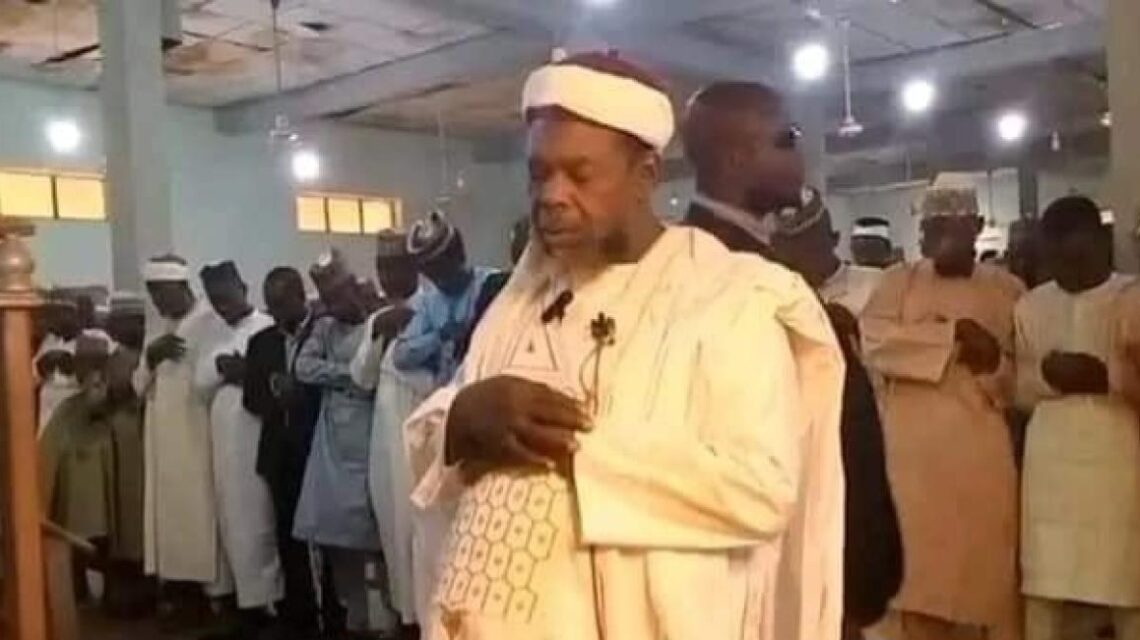
 Bauchi Governor Sacks Security Adviser, Ahmed Chiroma
Bauchi Governor Sacks Security Adviser, Ahmed Chiroma 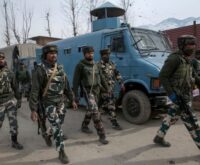 Bloodshed in Kashmir: Soldiers Fall in Line of Duty
Bloodshed in Kashmir: Soldiers Fall in Line of Duty 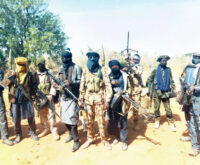 Kill 3,Bandits Attack Zurmi Emir’s Palace.
Kill 3,Bandits Attack Zurmi Emir’s Palace. 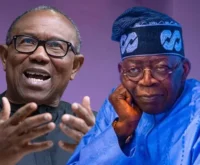 Tinubu’s decision not to pay ransom to the kidnappers
Tinubu’s decision not to pay ransom to the kidnappers 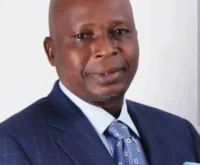 Don’t Obstruct EFCC From Performing Its Duty, Justice Minister Warns Politicians
Don’t Obstruct EFCC From Performing Its Duty, Justice Minister Warns Politicians  Anti-Graft Agency EFCC Barricades Ex-Governor Yahaya Bello’s
Anti-Graft Agency EFCC Barricades Ex-Governor Yahaya Bello’s